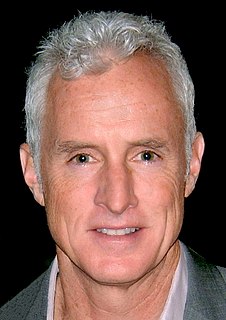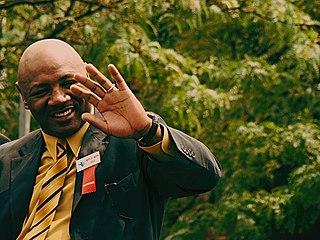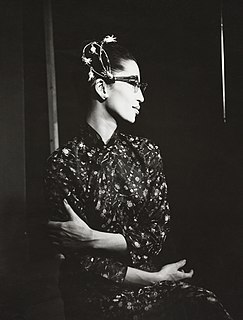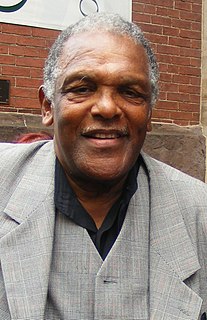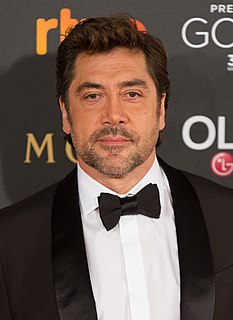A Quote by James Ivory
You can just start shooting things and see how it goes. But time is still money, so you have to know when you are finished. It's not like painting a picture which you could go on refining for 20 years - with a film you have to stop at some point, and that is no bad thing.
Related Quotes
I think a good painting or a good work of art does many things it wants, I mean, maybe 15 or 20 or 100. One of the things a painting does is to make the room look better. It improves the wall that it's on. Which is much harder than it looks. And that's a good thing. And if one engages with a painting on that level, that's fine, that's great. After some time, familiarity, the other things that a painting does, the other layers, they just start to make themselves felt.
You are confronted with abysses of time that are, in a way, unfathomable. You see a painting in charcoal of raindeer and it was left unfinished and somebody else finished it. But through radio carbon dating we know that the next one completed the painting 5,000 years later. You're just blown away by the notion of passage of time. We have no relationship to that kind of depth of time.
Normally my process is to sit in a room and read a script and talk about it and ask questions and just create a dialogue. That goes all the way through shooting. All kinds of thoughts and ideas can find their way in there. As long as you're all on - We're just all trying to tell the story so my job as a director is just to find out what this film wants to be based on, it's just words on a page at some point but then it just needs to go to some level of believable storytelling. I'm discovering the film as I make it, to some degree.
For me, as a film goer, I like nothing more than to sit in the cinema, have the lights go down and not know what I'm about to see or unfold on-screen. Every time we go to make a film, we do everything we can to try to systematise things so we're able to make the film in private, so that when it's finished it's up to the audience to make of it what they will.
I don't have the story finished and ready when we start work on a film. I usually don't have the time. So the story develops when I start drawing storyboards. I never know where the story will go but I just keeping working on the film as it develops. It's a dangerous way to make an animation film and I would like it to be different, but unfortunately, that's the way I work and everyone else is kind of forced to subject themselves to it.
When Johnny came to Baltimore the same time I came we were rookies. He did have some pro experience. He did go with the Pittsburgh Steelers and they cut him. I had no pro experience. My thing was that hey I got to make this team. Johnny Unitas wasn't Johnny Unitas.He was just like every other quarterback. You couldn't see the things we know that evolved out of that years later. As the years went on I could really start to see him settle in that position. Fortunately for Johnny U., Weeb Ewbank was there and he worked with his quarterbacks. He had them knowing every aspect of the game.
I know when a story is finished when there is not a single thing more I can think to do to it. And since I know at the start what the last line will be, I know when I've reached that point as logically as I can that it's finished. As for the rewriting-it's not foolproof, of course, but if you're honest about having thought of every possibility and you still come back to what you have, what more can you do?
It makes me think about how you hear these young people say, "I see you, man." Or even if you go and watch some basketball game over the summer and the announcer goes, "I see you," and you see that player smile. You know what I mean? That thing of just being recognized, especially when you do a little subtle thing. I don't know.

